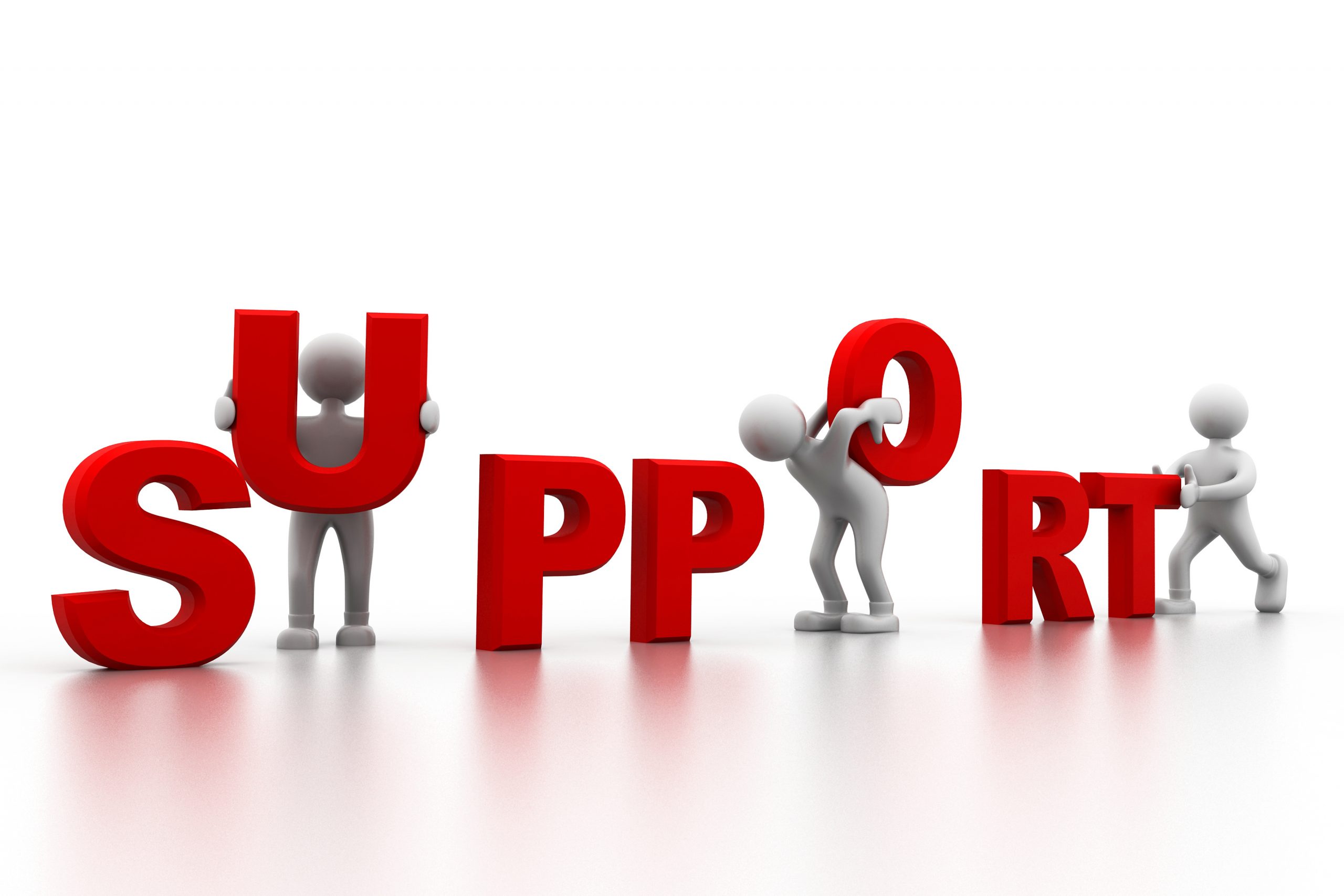Engaging Pharmacists to Support Caregivers with Med Management after Care Transitions
Family caregivers play a critical role in helping older adults with healthcare needs. The tasks may include transportation to a doctor’s office, a trip to the pharmacy to fill a prescription, pick up from the hospital upon discharge, or organizing medications and scheduling appointments.
Recent research conducted by Eric A. Coleman and Sarah P. Roman and reported in the Journal for Healthcare Quality sheds some much-needed light on the experiences of family caregivers after a loved one’s hospital discharge and gives voice to the hurdles and challenges they face.
Coleman and Roman conducted focus group interviews with 32 unpaid family caregivers whose loved one had been discharged from an acute care hospital in the previous 90 days. Moderators used open-ended questions to elicit feedback regarding the caregivers’ experiences in transitioning their loved ones out of the hospital.
Five themes emerged from their collective analysis of the responses:
- Family caregiver-patient roles exist along a spectrum where the readiness, willingness, and ability of both to contribute to the patient’s care are dynamic and in flux.
- Family caregivers have unique and sometimes incongruent goals from those of the patient.
- Family caregivers feel unprepared and at times overwhelmed by postdischarge medication reconciliation and management.
- Family caregivers need encouragement to assert their role and identity (as caregivers).
- Family caregivers often assume the responsibility for the sequencing of posthospital care-plan tasks and anticipating next steps.
Although this was a relatively small study, the themes that emerged are telling. Health care providers often assume they communicate clearly, and that patients and family caregivers leave the hospital fully understanding the care plan to be implemented at home. We know from this and other research that this is not the case.
For example, regarding medication management, caregivers expressed frustration and confusion about scheduling, reconciling new medications with old ones, and understanding what the medications were for:
- “And now we have 7 medicines. Now, these medicines cannot be mixed. I mean some of them cannot be mixed and some of them have to be taken every 4 hours. That means I have to wake up in the middle of the night. … So what I thought was …. I put these papers down and for a 24-hour period … I had a pill on a paper and what times.”
- ”Then I get him home and try to put his new pills with the ones he is already on and they are different names. They are different colors. … Why is it if you order it from this particular outlet, why is it this color? And this shape? But then you go through his mail order and it comes in a totally different shape or color!”
Coleman and Roman observed that family caregivers found value in being able to establish a trusting relationship with a pharmacy or pharmacist, commenting that:
- “The pharmacist was my lifeline… And that just made all the difference.”
- “They (the pharmacists) will tell you anything you want to know about the medication. Why they are on it…I called (Dr. L.) to ask why but I never heard back, so I called the pharmacist and she told me.”
- “I don’t know what these (medications) are. And so I had a question about how we could boost some of his pain medicine and what was safe and what was not. And (the pharmacist) gave us wonderful advice.”
A key area highlighted was the ability of the pharmacist to coach a caregiver in how to approach a physician to make medication changes, such as simplifying a dosing regimen or reducing the number of medications (when safely possible).
The take-home from this study is that we need to work on better meeting the needs of both patients and their caregivers during transitions in care.

